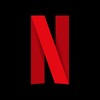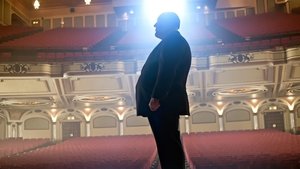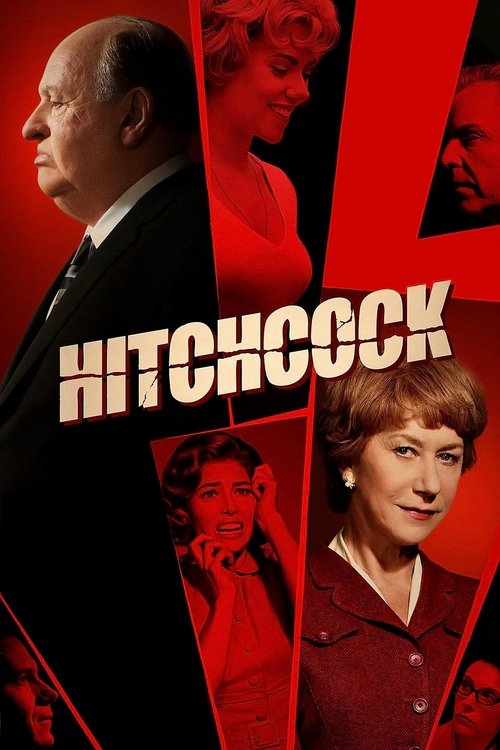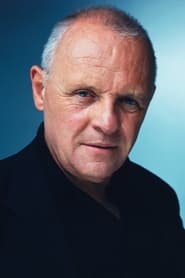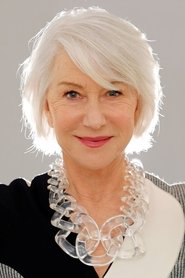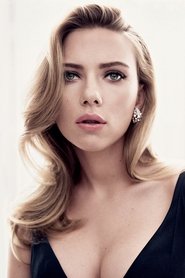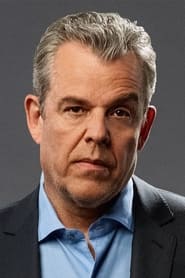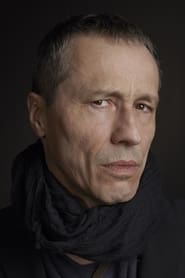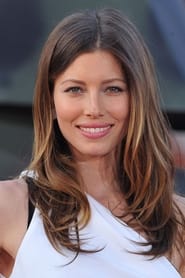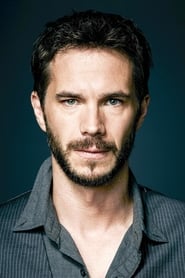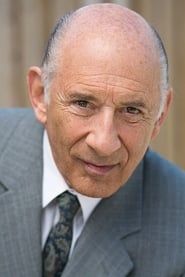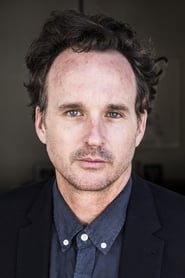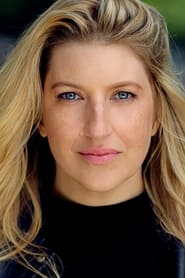Cast
View AllAnthony Hopkins
as Alfred Hitchcock
Helen Mirren
as Alma Reville
Scarlett Johansson
as Janet Leigh
Danny Huston
as Whitfield Cook
Toni Collette
as Peggy Robertson
Michael Stuhlbarg
as Lew Wasserman
Michael Wincott
as Ed Gein
Jessica Biel
as Vera Miles
James D'Arcy
as Anthony Perkins
Richard Portnow
as Barney Balaban
Kurtwood Smith
as Geoffrey Shurlock
Ralph Macchio
as Joseph Stefano
Kai Lennox
as Hilton Green
Tara Summers
as Rita Riggs
Wallace Langham
as Saul Bass
Crew
Director
- Sacha Gervasi
Producer
- Alan Barnette
- Ivan Reitman
- Tom Pollock
- Tommy Thayer
- Joe Medjuck
Reviews
Matt Golden
Good evening. Our film tonight is about a man obsessed with murder. It is a tale of violence, of lies and deceit, of envy and greed. It is, naturally, a love story.
In the year 1960, the film Psycho burst onto theatre screens, beginning one of the greatest decades of change in American cinema with shrieking violins and a blood-curdling scream. The man behind the movie, director extraordinaire Alfred Hitchcock, was as much a public figure as his leading ladies and men. He managed to thrust the unsuspecting (and unprepared) public into violence and perversion that was (at the time) beyond the pale, unlike anything they'd ever seen before in a film. And they came out loving it. Wanting more. So who was the man who pulled it off? What secrets lay inside the unique mind of one of the greatest directors of all time?
"Let's get the director of Anvil! The Story of Anvil to answer that question!" said...someone, apparently.
That's not a knock, mind. Director Sacha Gervasi acquits himself well in this behind-the-scenes story of the making of one of the greatest films of all time. The thing is...it's not, really. Hitchcock might more accurately be titled Hitchcocks, pluralizing the name for the inclusion of one Alma Reville, Hitchcock's wife and creative partner. With the making of Psycho a backdrop, Gervasi chronicles the painful, often tumultuous, but ultimately rewarding relationship between the two British emigrants. Hitchcock was a notoriously difficult chap with which to work, his sheer talent manifesting itself in exacting, often confusingly obtuse direction of his creative staff. Alma's talent matched the great director's, and she was his lifelong editor, script doctor, confidante, and advisor.
Here, the lead roles are played by Sir Anthony Hopkins and Dame Helen Mirren, with the cast of Psycho filled out by Scarlett Johansson (leading lady Janet Leigh), James D'Arcy (mama's boy Anthony Perkins), and Jessica Biel (spurned starlet Vera Miles). The actors all apply themselves whole-heartedly, particularly two: Johansson gives a fantastic performance capturing Janet Leigh's class, warmth, and intelligence, while the other supporting standout, James D'Arcy, perfectly embodies the bundle of nervous energy that was Anthony Perkins. Danny Huston, as a screenwriter and potential wooer of the neglected Alma, turns in the film's only bad performance; he seems to be trying to play to the cheap seats, as though he just wandered in from a film actually made in 1960. It's a performance that clashes mightily with the naturalistic acting on display everywhere else in the film, and doesn't work at all.
But this is Hopkins' and Mirren's show, and they make their roles sing, obviously enjoying playing two of England's favored children. Hopkins is slathered with gobs of makeup and rolls of fat to approximate Hitchcock's unique physique, and while his voice is different, his mimicry of Hitch's signature elocution (combined with the way he embodies the movement of a large man) make him a dead ringer, superficially. But it's his performance as a man, not a historical figure, that sells it. His Hitchcock retains the original's mordant humor and droll aloofness, but infuses a real human being who could easily be mistaken for a character with genuine pathos and fragility. Mirren seems to relish her role as the wind beneath Hitchcock's wings, exuding strength from her eyes as she steels up for any fight that comes, be it from meddling executives or her husband. Their electric interactions are the pulse that keeps Hitchcock alive and vibrant.
The film itself is largely well-crafted, though the subplot with Whitfield Cook (Houston) attempting to court Alma doesn't seem necessary or even handled very well. There's also an oddity to scenes where Hitchcock is haunted by Ed Gein (Michael Wincott), the murderer used by Robert Bloch as inspiration for the original novel Psycho, but this worked as a strange sort of dramatization of the creative process; anyone who's lived with a work in their head knows that the characters in it are rarely silent.
That's largely indicative of this confection of a film as a whole: it's messy and a little odd, but immensely enjoyable. It trundles along at its own pace, in a structured-but-not-really sort of way. Many of the technicals are handsomely mounted (particularly the cinematography by The Social Network's Jeff Cronenweth, and the art and set direction), though it's not flawless. The editing in particular is weak, and when you're making a film about two of the greatest frame-cutters of all time, you'd be best served to bring your A game. But by the time the credits roll, you'll be glad to have spent time with these folks.
Jul 21, 2013
Thematic Analysis
As a dramatic work, Hitchcock examines complex human relationships and emotional struggles against the backdrop of contemporary challenges that mirror our own experiences. The character development particularly stands out, offering viewers a chance to reflect on their own life journeys.
Director Sacha Gervasi brings their distinctive visual style to this film, continuing their exploration of themes seen in their previous works while adding new elements. Their approach to character development and emotional depth creates a viewing experience that rewards close attention.
Released in 2012, the film exists within a cultural context that continues to evolve with our understanding of its themes. Its reception demonstrates the diverse reactions to its artistic choices and its place in cinema history.
Did You Know?
- The production of Hitchcock took approximately 5 months from pre-production to final cut.
- With a budget of $15.7 million, the film proved to be a financial success, earning back its investment and more.
- The final cut of the film runs for 98 minutes, though the director's initial assembly was reportedly 149 minutes long.
- The costume department created over 177 unique costume pieces for the production.
- The cast underwent specialized training for 6 weeks before filming began.
- The screenplay went through 7 major revisions before the final shooting script was approved.
Historical Context
- In 2012, when this film is released:
- Streaming services were revolutionizing film and television consumption.
- Political polarization was intensifying in many countries.
- Streaming platforms were disrupting traditional distribution models and changing how audiences consumed films.
How This Film Stands Out
While Hitchcock shares thematic elements with other films in its genre, it distinguishes itself through its unique approach to storytelling, visual style, and character development.
Unlike The Florence Foster Jenkins Story, which takes a more conventional approach to its subject matter, Hitchcock offers a fresh perspective through its innovative visual language and narrative structure.
While films like Belle de Jour and Boyz n the Hood explore similar territory, Hitchcock stands apart through its deeper exploration of its central themes and more complex characterization.
This film's unique contribution to cinema lies in its bold artistic choices and willingness to challenge viewer expectations, making it a valuable addition to its genre.
Details
- Release Date: November 22, 2012
- Runtime: 1h 38m
- Budget: $15,700,000
- Revenue: $23,570,541
Where to Watch
